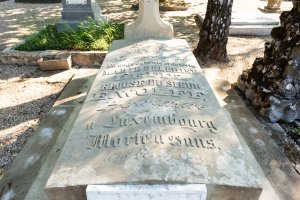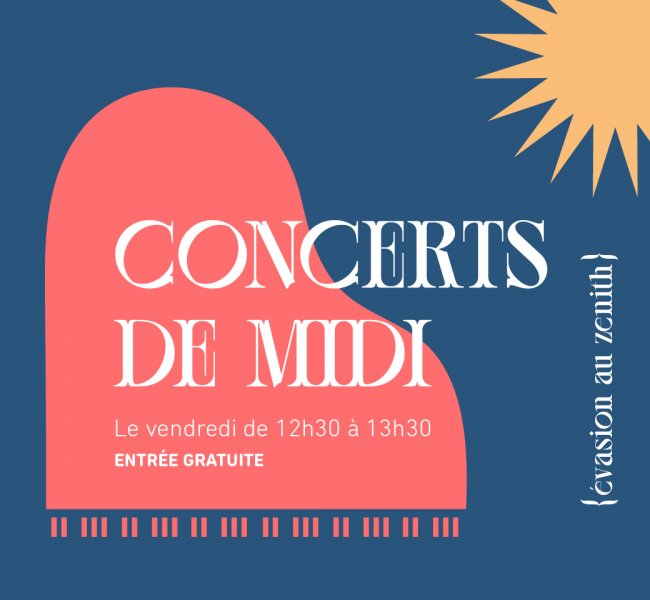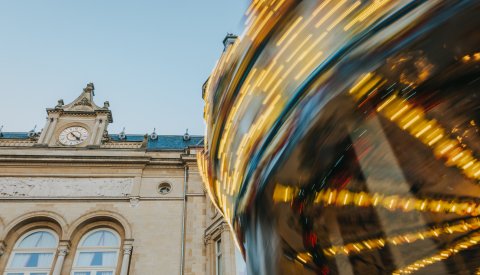Description
Jean-Édouard Wolff was born in Luxembourg City on 1 April 1851 to Jean-Baptiste Wolff and Delphine Deitz (1830–1853), for whom the tomb was erected. The inscription on the tombstone, "Here lies an angel", articulates her husband's pain at losing his wife, who was taken from him at the young age of 23. Jean-Baptiste Wolff was a tanner and property owner who lived near the Porte Neuve and also drew income from selling large forest plots. In 1846, when he was a teenager, Jean-Baptiste Wolff obtained his premier prix certification in solfège. He married Delphine Deitz in 1849. The couple had two children, Victor and Édouard. In 1872, Jean-Baptiste Wolff stood for election in the canton of Luxembourg.
Jean-Baptiste's son, Édouard, studied law at the Universities of Dijon, Paris, Bonn and Heidelberg and then went on to earn a second doctorate when he was 22 years old. He sat the bar exam on 17 November 1876 and became a trainee in Charles München's firm before opening his own firm in Rue des Bains. He was appointed deputy public prosecutor in Diekirch on 13 December 1882 and then deputy public prosecutor in Luxembourg City. On 18 July 1883, he became a judge in the Luxembourg court, on 15 October 1884 he became an examining magistrate, and on 26 June 1890 he became investigating judge for the district of Luxembourg. He left the judicial administration to serve temporarily as district commissioner, a position he assumed on 2 November 1893. On 8 September 1896, he was appointed judge of the Superior Court, a position he held until he retired on 1 February 1914. He was an alternate member of the Military Court from 9 May 1913 to 4 November 1914. Édouard Wolff married Marie Majerus (1858–1919), a daughter of Léon Majerus, a Luxembourg City notary.
Édouard Wolff was an avid and accomplished hunter. On 24 April 1893, he killed the last wolf in the country, in the Olingen forest near Roodt. Considered a great feat at the time, this event was commemorated on 28 February 1937 by the Club Saint-Hubert, which affixed a cast iron plaque to an oak tree at the spot where the wolf was killed. At the Hunting Exhibition in Berlin in 1937, he won second prize in the Luxembourg Division for his beautiful doe antlers. Édouard Wolff inherited Bourglinster Castle from his maternal grandfather, Mathias Deitz. When he died on 4 June 1938, Édouard Wolff was placed in a coffin in the foyer of his home, surrounded by his trophies. The announcement of his death was published after the funeral. He was buried during a small private ceremony, without flowers or wreaths, and with no special inscription on his gravestone. Upon his retirement, Édouard Wolff received the title of honorary judge. He was awarded the rank of Officer of the Order of the Oak Crown.
Édouard Wolff's brother, Victor (1853–1905), an engineer and merchant who died in Brussels without any living heirs, bequeathed 210,000 francs (1905 value) to the City of Luxembourg's Municipal Hospice and requested that the interest or income generated by investments also be used to purchase paintings and sculptures that then became the property of the City of Luxembourg. Victor Wolff was entered in the City of Luxembourg's Livre d'Or and on its wall of city benefactors.
















